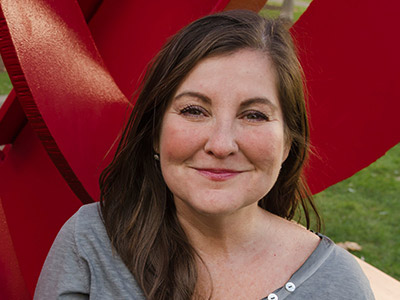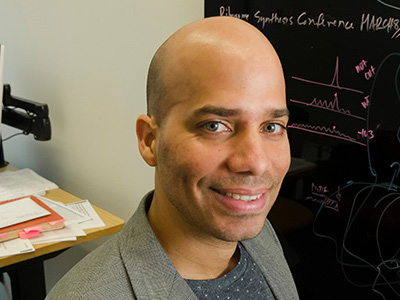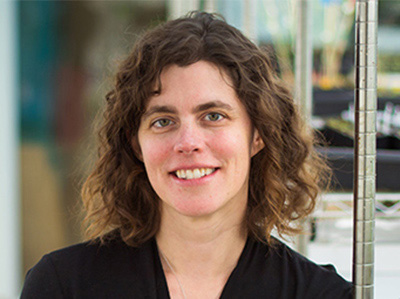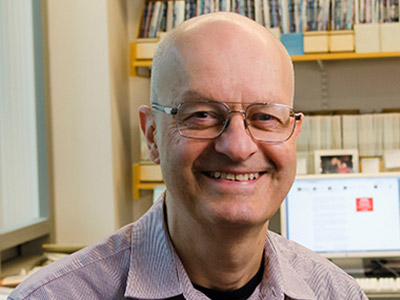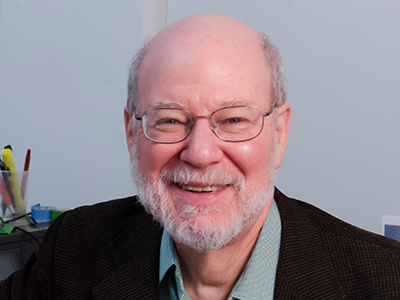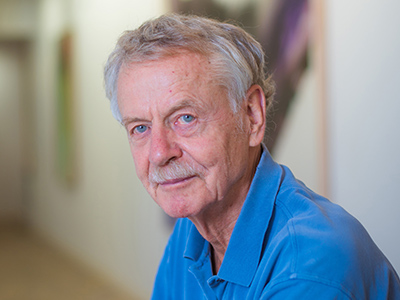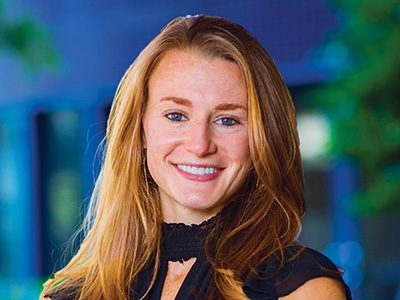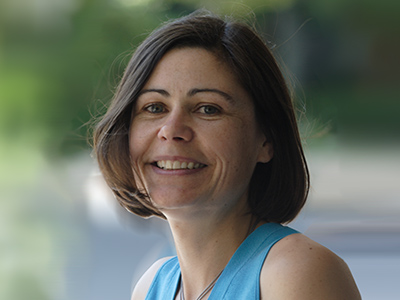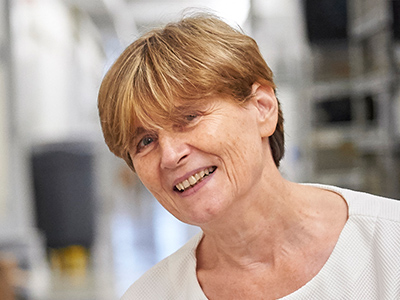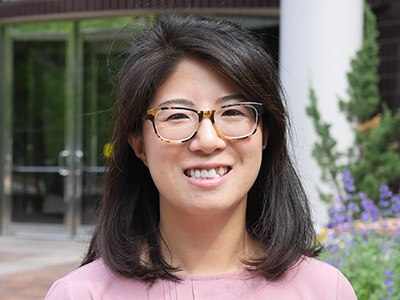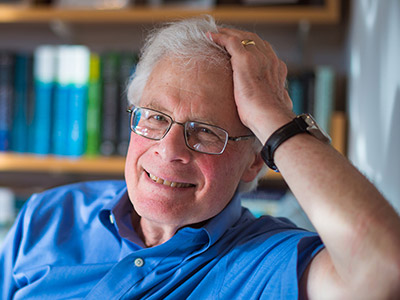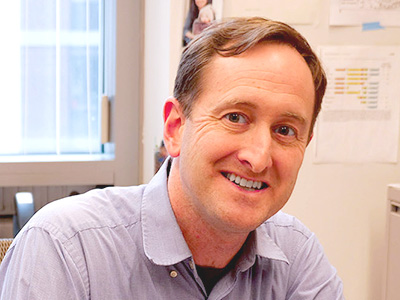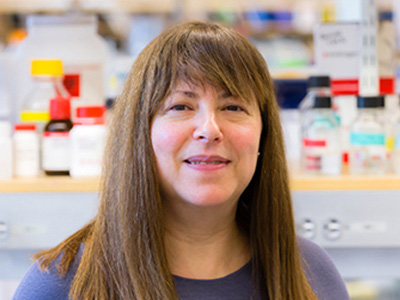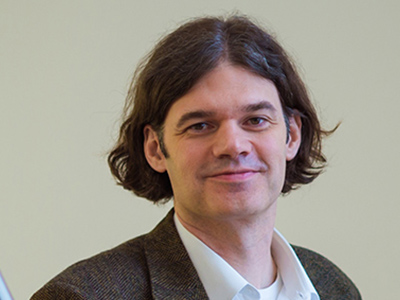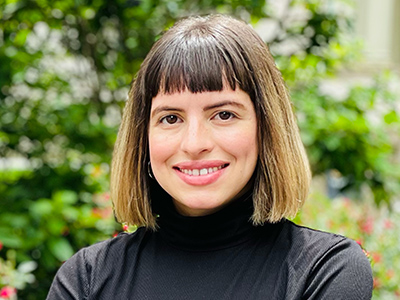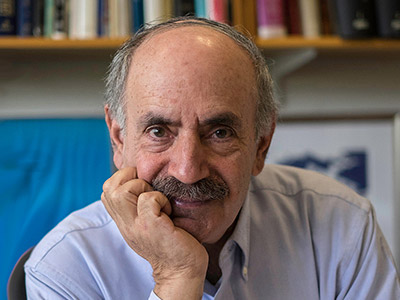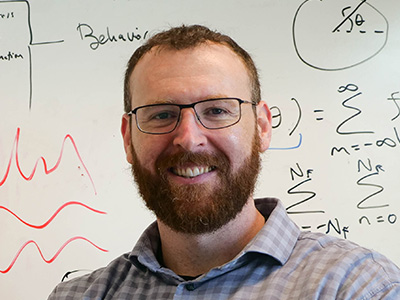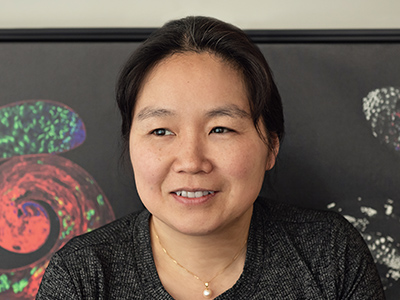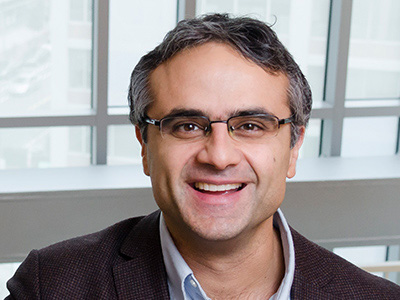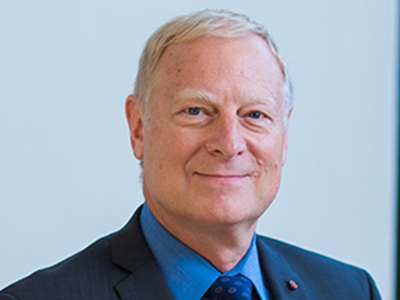Laurie A. Boyer
Co-Undergrad Officer
Laurie A. Boyer investigates the gene regulatory mechanisms driving cardiac cell fate, and how faulty regulation impacts regeneration and disease.
Eliezer Calo studies how cells build ribosomes and how dysfunction in ribosome biogenesis and function leads to tissue-specific developmental disorders and cancer.
Mary Gehring
Graduate Officer
Mary Gehring researches epigenetic mechanisms of gene regulation in plants.
Leonard P. Guarente looks at mammal, mouse, and human brains to understand the genetic underpinning of aging and age-related diseases like Alzheimer’s.
H. Robert Horvitz analyzes the roles of genes in animal development and behavior, gaining insight into human disease.
Rudolf Jaenisch uses pluripotent cells (ES and iPS cells) to study the genetic and epigenetic basis of human diseases such as Parkinson’s, Alzheimer’s, autism and cancer.
Kristin Knouse seeks to understand and modulate organ injury and repair by innovating tools for experimentation directly within living organisms.
Jacqueline Lees develops mouse and zebrafish models, identifying the molecular pathways leading to tumor formation.
Ruth Lehmann studies the biological origins of germ cells, and how they transmit the potential to build a completely new organism to their offspring.
Pulin Li is interested in quantitatively understanding how genetic circuits create multicellular behavior in both natural and synthetically engineered systems.
Before closing his lab, Harvey F. Lodish studied the development of red blood cells and the use of modified red cells for the introduction of novel therapeutics into the human body, as well as the development of brown and white fat cells.
Adam C. Martin
Co-Undergrad Officer
Adam C. Martin studies molecular mechanisms that underlie tissue form and function.
Elly Nedivi studies the mechanisms underlying brain circuit plasticity — characterizing the genes and proteins involved, as well as visualizing synaptic and neuronal remodeling in the living mouse brain.
Peter Reddien works to unravel one of the greatest mysteries in biology — how organisms regenerate missing body parts.
Yadira Soto-Feliciano studies chromatin and epigenetic regulation in normal development and cancer.
Robert A. Weinberg studies how cancer spreads, what gives cancer stem-cells their unique qualities, and the molecular players involved in the formation of cancer stem cells and metastases.
Brady Weissbourd uses jellyfish to study nervous system evolution, development, regeneration, and function.
Yukiko Yamashita studies the mystery of evolution through the lens of junk DNA and germ cell biology.
Omer H. Yilmaz explores the impact of dietary interventions on stem cells, the immune system, and cancer within the intestine.
Richard A. Young explores how and why gene expression differs in healthy versus diseased cells.

